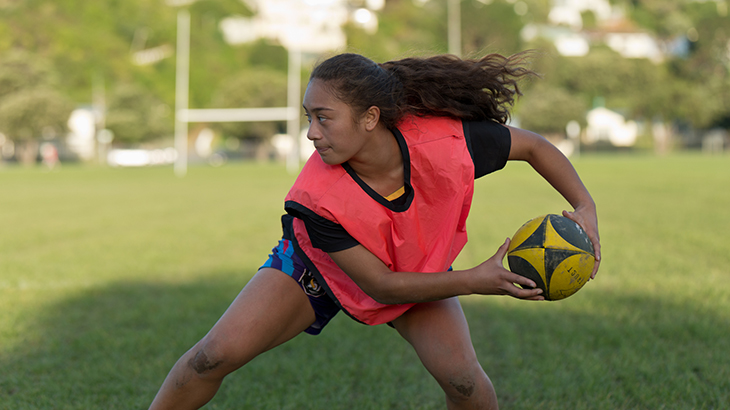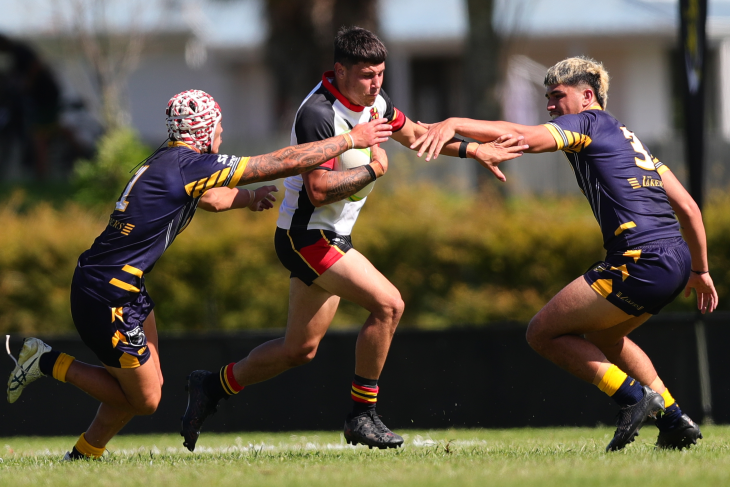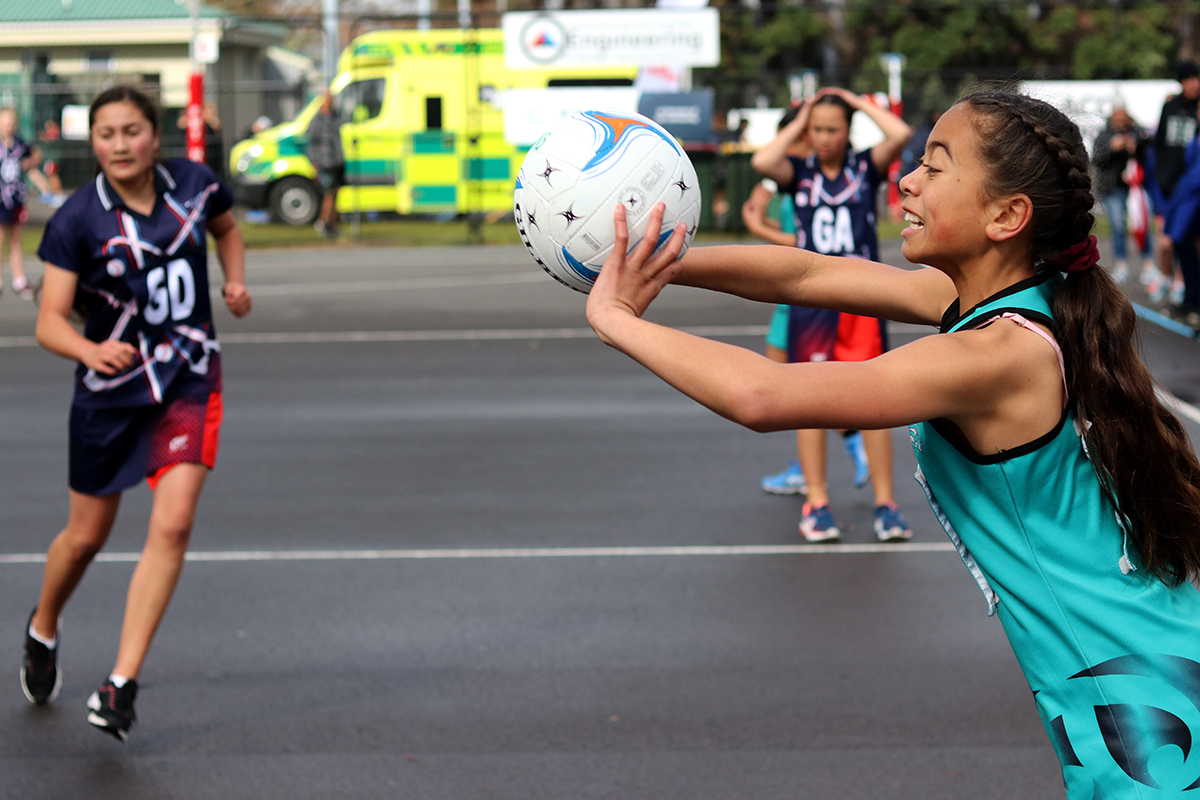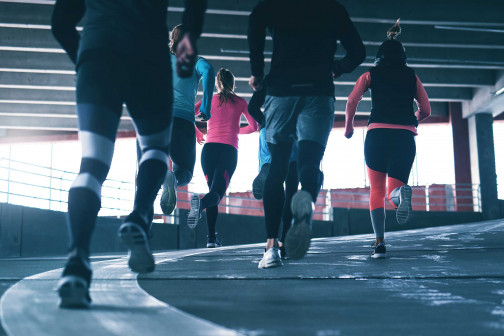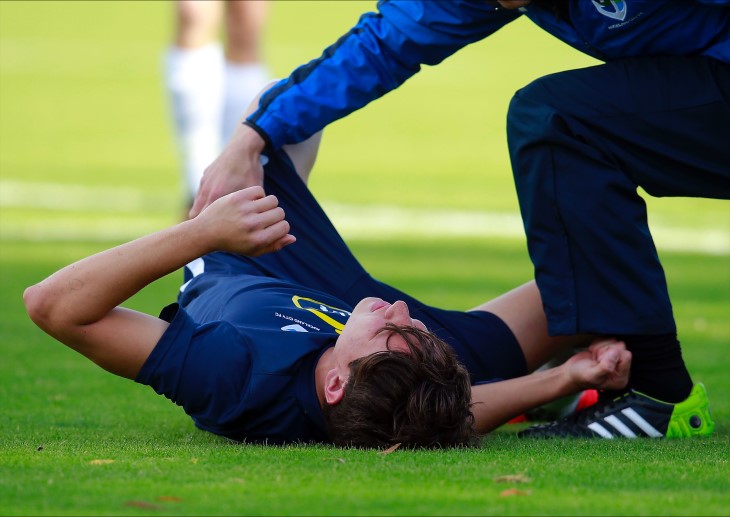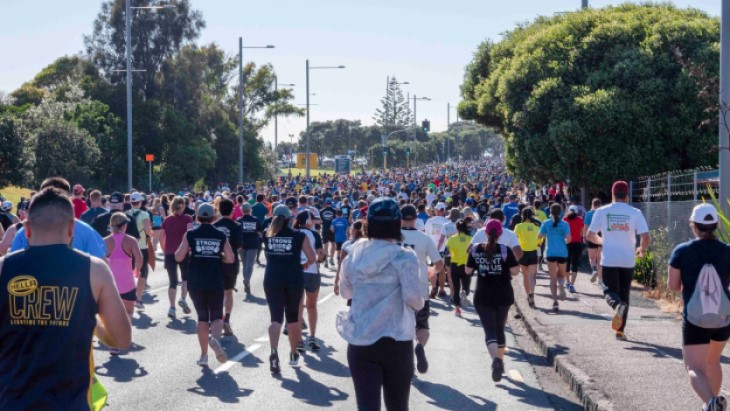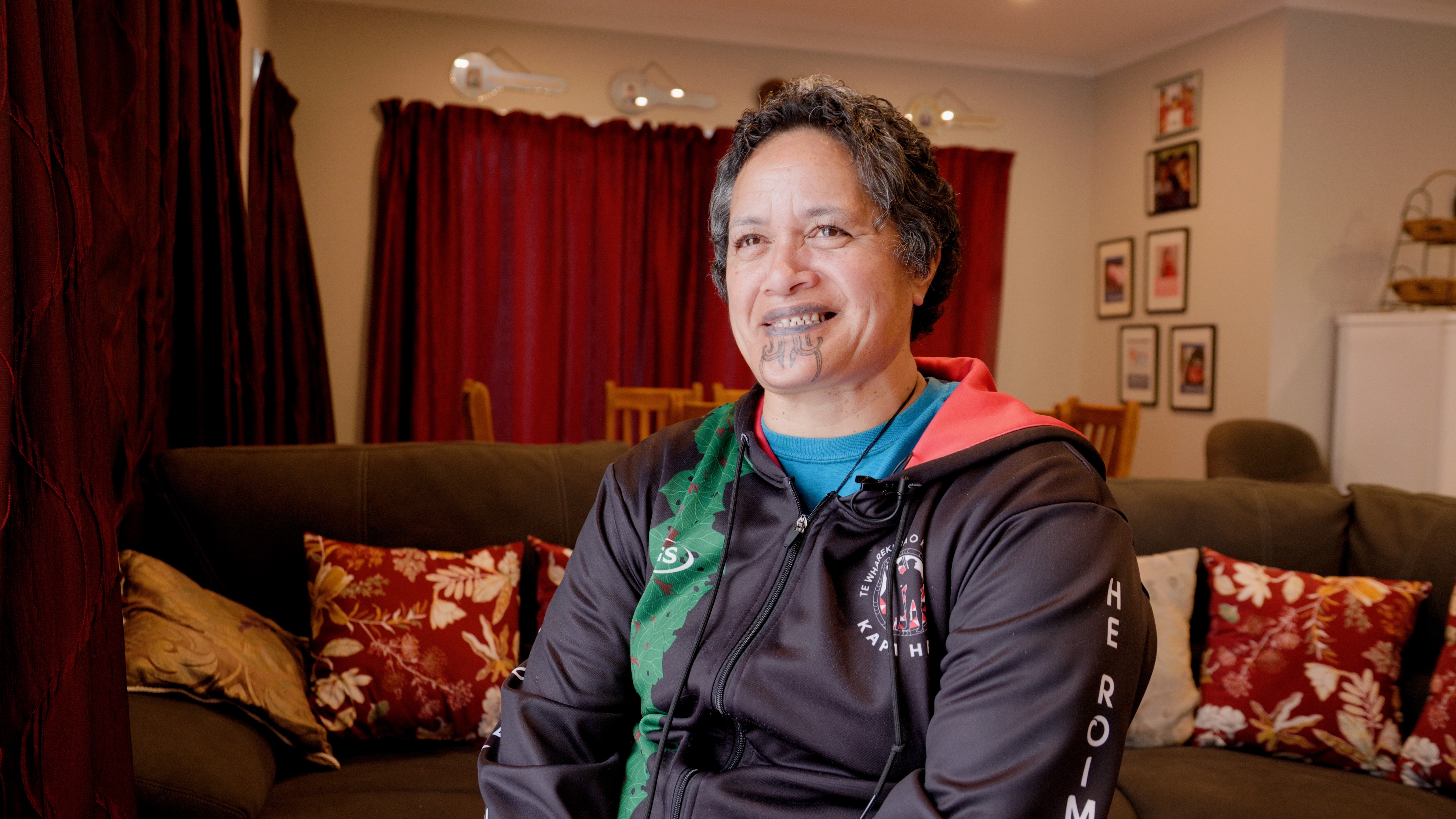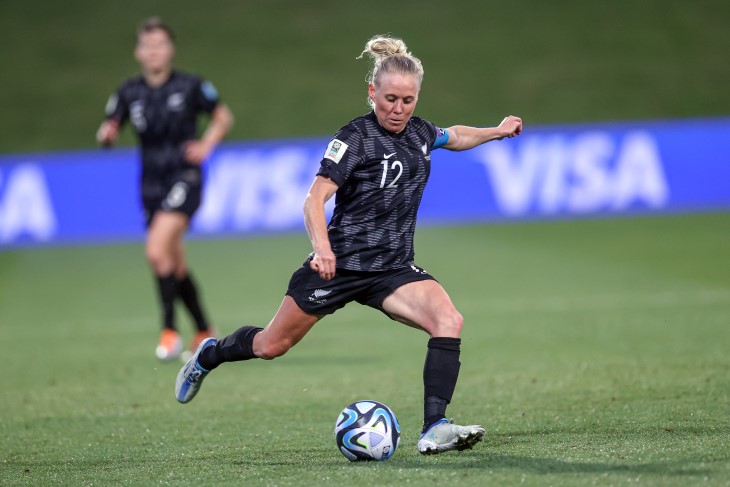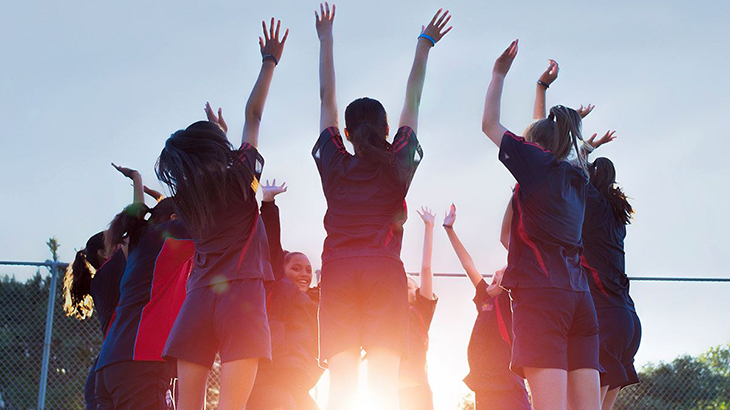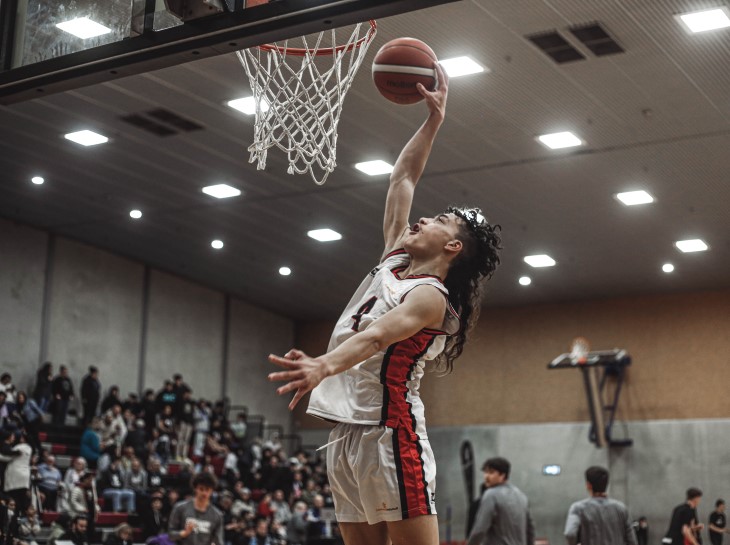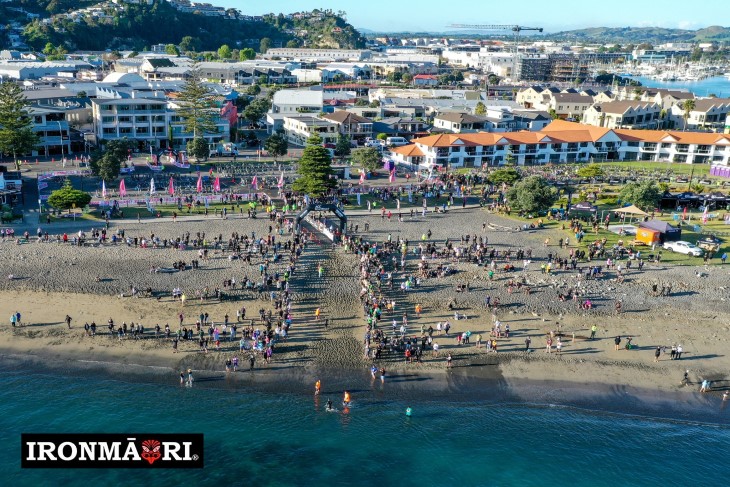Injury-free sport and recreation
You can prevent injuries when doing sport or recreation activities. We have handy hints to help you stay injury-free and keep doing the sports and activities you love.
We also partner with sport and recreation organisations across the motu to reduce injuries.
On this page
Helping you stay injury-free
Kiwis love playing sport and enjoying the great outdoors and an injury will prevent you from doing the things you love.
A great way to prevent injuries is to ‘Have a hmmm’ before you get stuck in. We have a series of handy hints to help you learn how to stay injury-free and keep doing what you love.
Handy hints for the sports field
Read these tips before you hit the sport field.
- Take time to warm up and cool down.
- If you are playing rugby or rugby league, make sure you tackle safely.
- Learn how to recognise concussion and what you do if it happens. Look out for your teammates.
- It is important to wear the appropriate safety gear.
Partnering for injury-free sport
We support and partner with a number of national sporting organisations. Through these partnerships we educate people on how to prepare and perform their best, and share the latest tips to prevent injury.
Our partners:
- NZ Rugby
- Netball NZ
- NZ Football
- Touch NZ
- NZ Rugby League
- Basketball NZ
- Sport NZ
- Water Safety NZ
Kids in sport
We work with Sport New Zealand and other organisations to provide a quality sport experience for kids.
A balanced approach to kids' sport prevents injuries. We see a lot of sport injuries between the ages of 10 and 19. Most of these are minor injuries and the volume is driven by participation.
Young bodies are different
Kids and teens are still developing and too much sport and training can cause damage. They're vulnerable to the stresses caused by too much structured sport or the wrong type of training. This means they can be more at risk of injury.
The idea that training harder and specialising in one sport early will lead to sporting success, is common. But more evidence shows that maintaining a broader sporting base and specialising later, creates the opportunity to pursue high performance. It is also more likely to keep young people engaged in sport for life.
Focus on fun and variety
To help kids and teens enjoy sport and stay healthy; encourage fun, variety and free play.
- Encourage variety - have them try out different sports and playing positions during their school years
- Do the numbers – the number of hours per week of structured sports training and competition should be less than their age, eg less than 10 hours per week for a 10-year-old
- Avoid playing a single sport for more than 8 months per year
- Play for enjoyment – are they smiling? Focus on developing a love of sport and being active
- Free play – this provides bigger opportunities to develop a variety of skills by just playing with their mates, which can also help them in their sport
Allow time for rest, recovery and sleep – sometimes doing nothing is doing something.
More information
ACC and Sport NZ support the Australasian College of Sport and Exercise Physicians' position statement on sport specialisation in young athletes.
Read the Sport specialisation in young athletes position statement
Information on participating in good sport:
Visit the Balance is Better website
You can use the Sport and training schedule to calculate the total hours of organised sport your child is doing.
Use the sport and training schedule planner
Community event partnerships
As well as delivering through national partnerships, we support events such as IronMāori and Round the Bays Auckland. The events provide a channel to positively connect and engage with people about injury prevention.
For IronMāori, our kaimahiwork with and support athletes as they prepare for the big day. The team are there on race day, manning aid stations and cheering alongside whānau.
